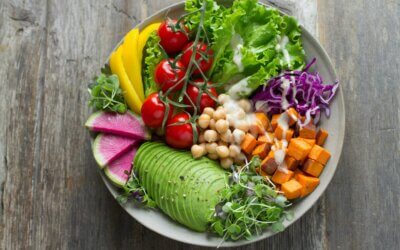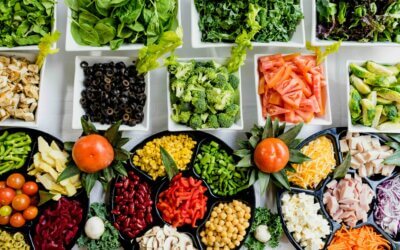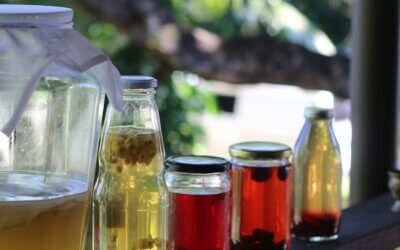As we move through life, our bodies – and their nutritional needs – naturally change. From shifts in metabolism to the impact of illness, balancing nutrients with lifestyle becomes essential. With Ireland’s population ageing and people living longer than ever before, understanding how to adapt your nutrition can help you stay strong, independent, and healthy at every stage.
Young Adulthood to Midlife: Building Your Health Foundation
- Start with whole foods
A diet rich in vegetables, legumes, wholegrains, healthy fats, and lean proteins supports long-term heart, brain, and metabolic health. Building these habits early gives you the best foundation for ageing well. - Prioritise protein
Protein helps maintain muscle mass and supports recovery after illness or injury. While your needs may be modest in early adulthood, developing consistent protein intake will prepare you for later life when “anabolic resistance” makes it harder to build and maintain muscle. - Bone health and calcium
Peak bone mass is achieved in your 20s, so getting enough calcium early helps reduce fracture risk later. Include dairy or fortified dairy alternatives, green leafy vegetables, and calcium-set tofu. - Boost fibre intake
Aim for around 30 g/day from wholegrains, fruit, vegetables, and legumes to support digestion, blood sugar control, and heart health. - Include omega-3 fats
Oily fish, walnuts, flax, and chia seeds support brain and heart function. It is recommended we need 250 mg/day of combined EPA + DHA.
Older Adulthood (65+): Protecting Function and Independence
- Spread protein intake across meals
Aim for 25–30 g at each meal to preserve muscle strength and mobility. Aim to pair this with resistance and weight-bearing exercise. - Support bone health
Calcium needs rise to 1,000–1,200 mg/day, and vitamin D requirements increase due to reduced skin synthesis. Supplementation is often needed in Ireland – discuss this with your GP or dietitian. - Boost immune and cognitive health
Adequate vitamins A, C, D, E, B6, B12, plus zinc and selenium, can help maintain immunity and brain function. A Mediterranean-style diet has been linked to slower cognitive decline, focusing on whole foods, healthy fats and moderate amounts of lean protein foods. - Stay hydrated
Older adults are more prone to dehydration, which can cause confusion and urinary tract infections. Aim for at least 1.5 L of fluids daily unless advised otherwise.
The Takeaway
Healthy ageing isn’t about restriction — it’s about variety, nutrient density, and consistency. By adjusting your diet to your changing needs, you can protect your muscle, bones, immunity, and brain health well into later life.
If you’d like personalised nutrition guidance, Webdoctor’s registered dietitians can help you create a healthy ageing plan tailored to your goals, lifestyle, and health needs. Book online — no referral or waiting list required.





